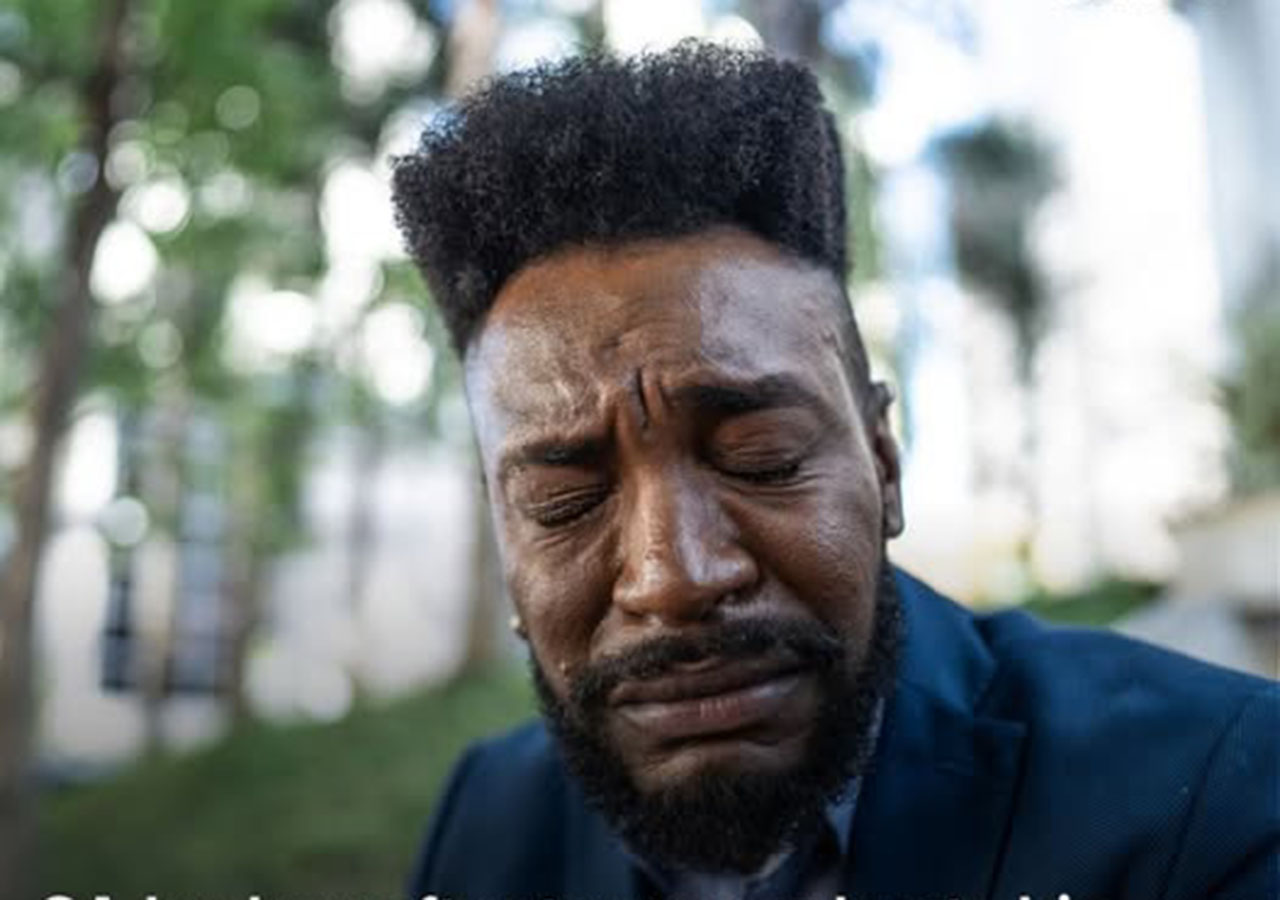
Why Isn’t Kelly Khumalo Facing the Music? Tumisho Masha Cuts to the Chase
In a recent episode of Lungelo KM’s podcast, Engineer Your Life, Tumisho Masha stirred the pot on a topic that’s been simmering in the public eye for quite some time: the apparent lack of accountability faced by singer Kelly Khumalo, despite her being a potential suspect in the ongoing Senzo Meyiwa murder case. Masha’s thoughts on this prompted an interesting conversation about cancel culture, justice, and how public perceptions can vary dramatically depending on the individual involved.

Masha, with his own tumultuous journey through the maze of public life—marked by divorces, a protracted court battle over parental rights, and being at the receiving end of allegations that he claims decimated his career—doesn’t hold back. He highlights the glaring double standards in the media and public treatment of those involved in serious allegations. While he found himself ostracized and relegated to the margins after being accused of abuse, Kelly continues to thrive in the industry, snagging gigs, endorsements, and a spot on billboards.
“Senzo Meyiwa was killed, but we do not know how. But there is talk and the state is thinking of charging Kelly Khumalo,” Masha pointed out. “Yet Kelly still gets gigs; she still has endorsements and television shows. Why is that?” His frustration is palpable and hits on a fundamental question: Shouldn’t there be consequences for being a part of such a high-profile case?
Actor Tumisho Masha questions why Kelly Khumalo isn’t cancelled yet even when the state is thinking of charging her for the case of #SenzoMeyiwa
💣💣🔥🔥🔥 pic.twitter.com/s5KecX0Swr
Advertisement— Patience (@officialtwinny) November 20, 2024
The line Masha draws between the two situations underscores a harsh reality of our judicial and entertainment systems. He reflects on the refreshing notion of “innocent until proven guilty,” but calls for an equitable application of that principle. He argues that if roles were reversed and it were Kelly facing the allegations rather than Senzo, the landscape would likely look very different—one where the tables were turned, and the accused would face a swift downfall rather than a continued rise.
Masha’s own narrative is highly relatable—navigating the complexities of public perception, especially as a man accused of wrongdoing. “When I say I lost everything, I lost everything and more,” he laments, recounting the impact the allegations had on his career and personal life. It raises critical questions about how cancel culture can often reflect societal biases and the roles race and gender play in determining who gets punished and who doesn’t.
As discussions around accountability and justice become increasingly pressing in our social climate, Masha’s remarks remind us to critically examine the justice system’s handling of these cases and the narratives that media creates around them. Shouldn’t the same rules apply to everyone, irrespective of their celebrity status?
In an era where we’re quick to judge and “cancel” individuals based on allegations, it’s essential to approach such conversations with nuance. Masha’s experiences drive home the point that public figures often face a different reality, one that deserves scrutiny and honest discourse. As the legal saga around Meyiwa’s case continues to unfold, let’s keep the conversation alive about fairness, justice, and the sometimes inconvenient truths of cancel culture





